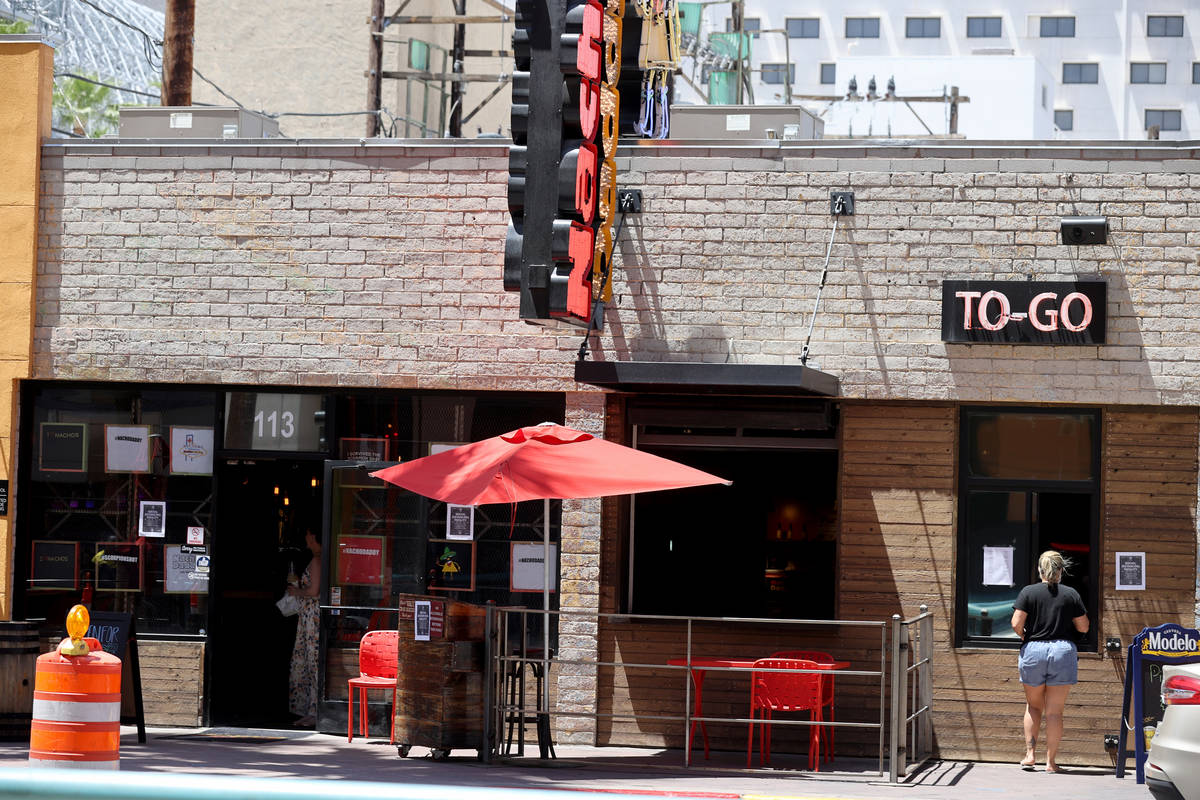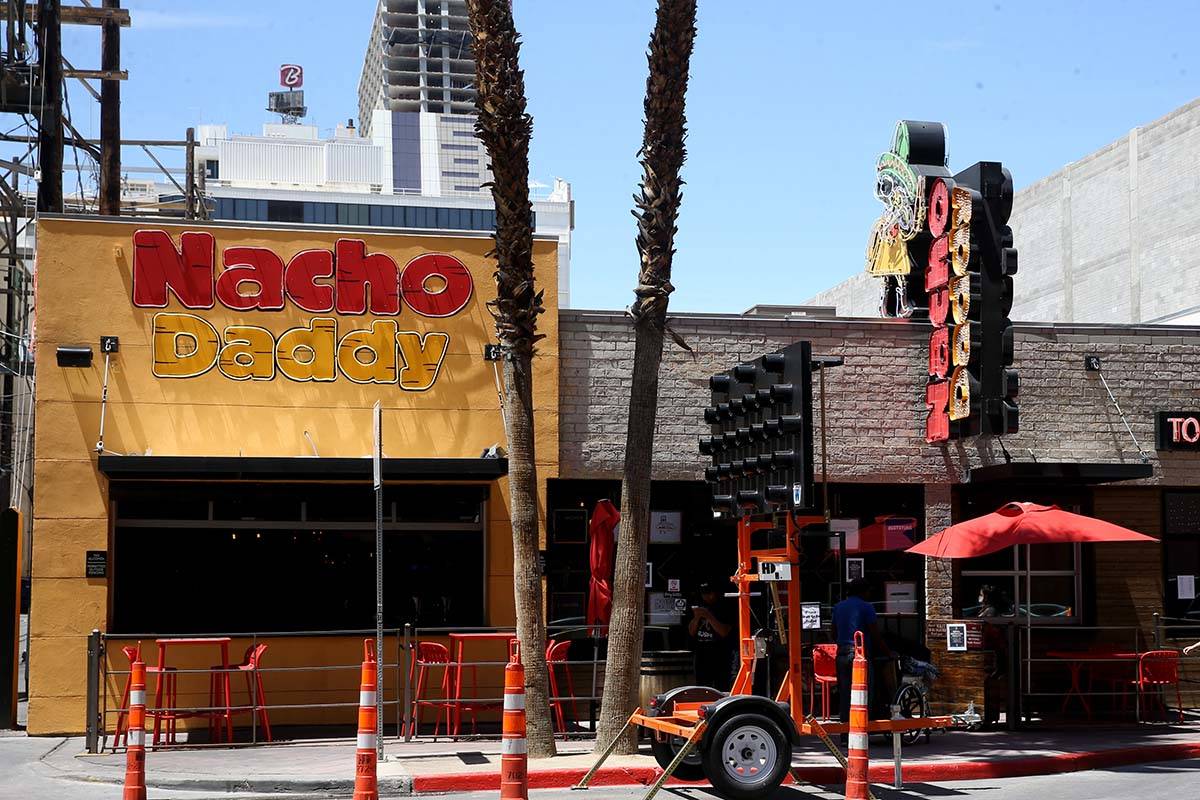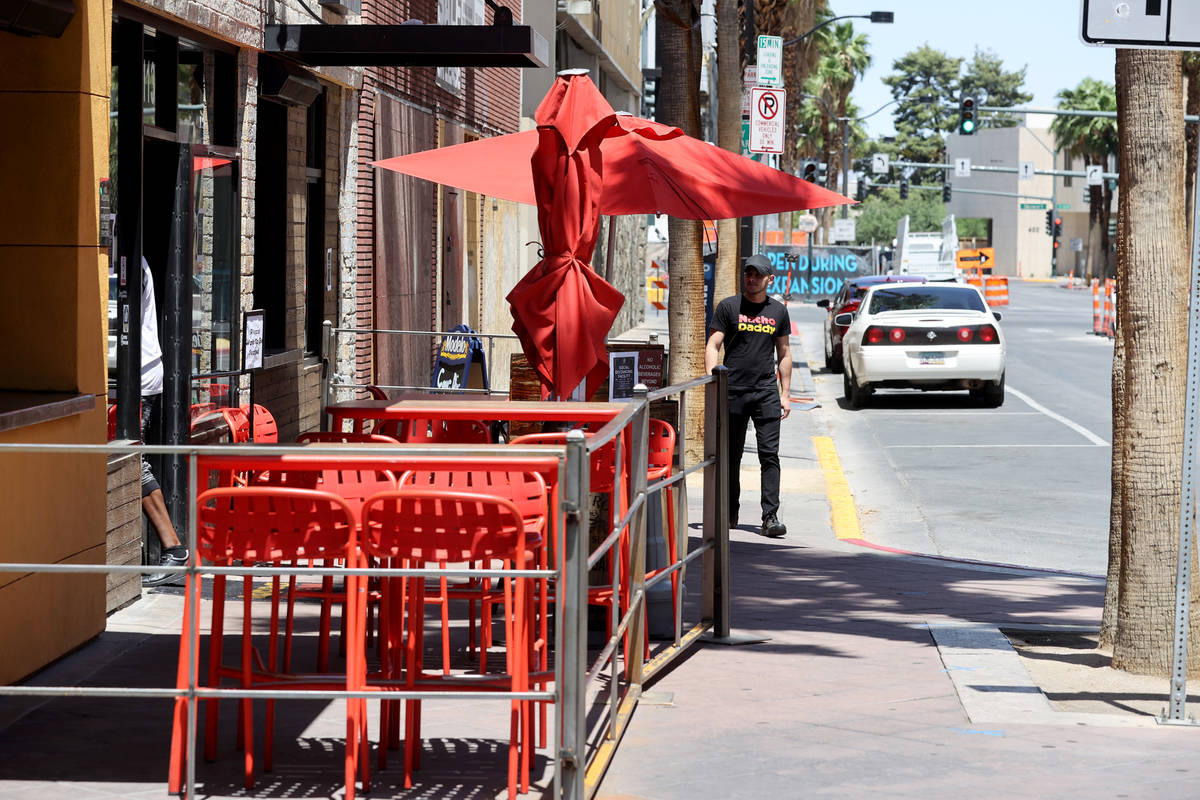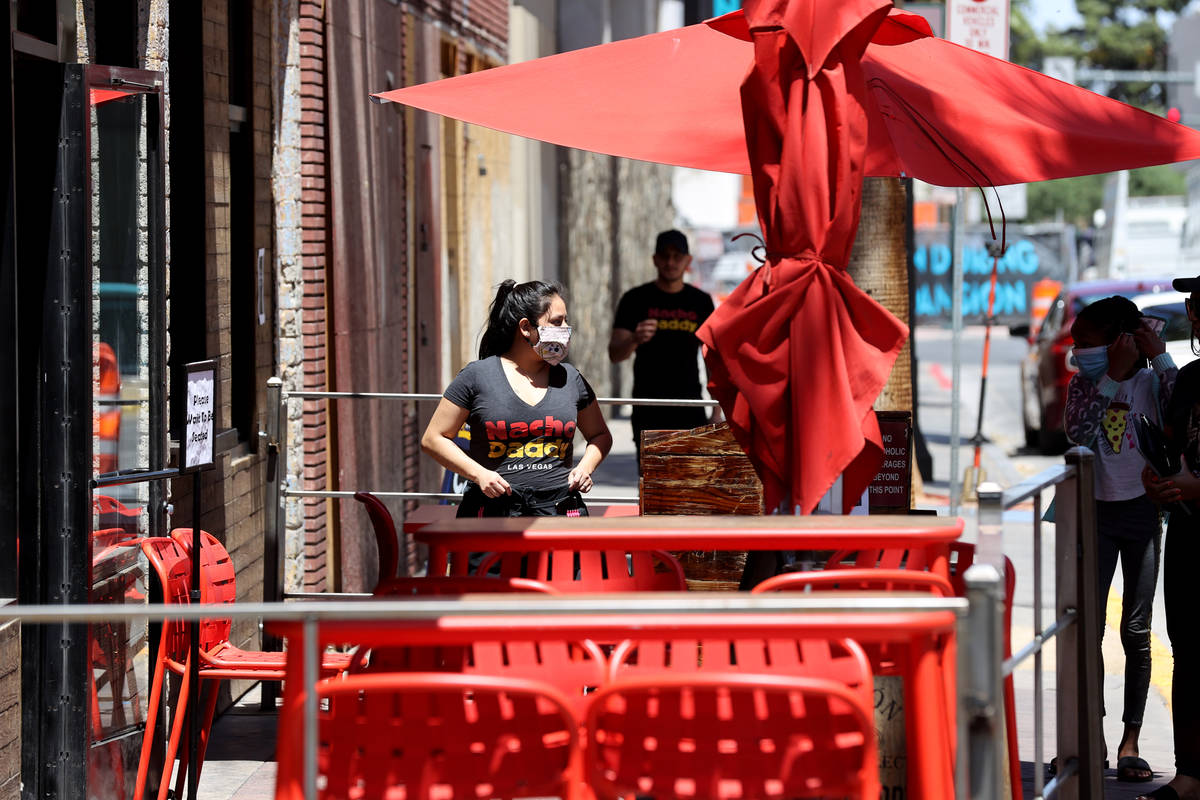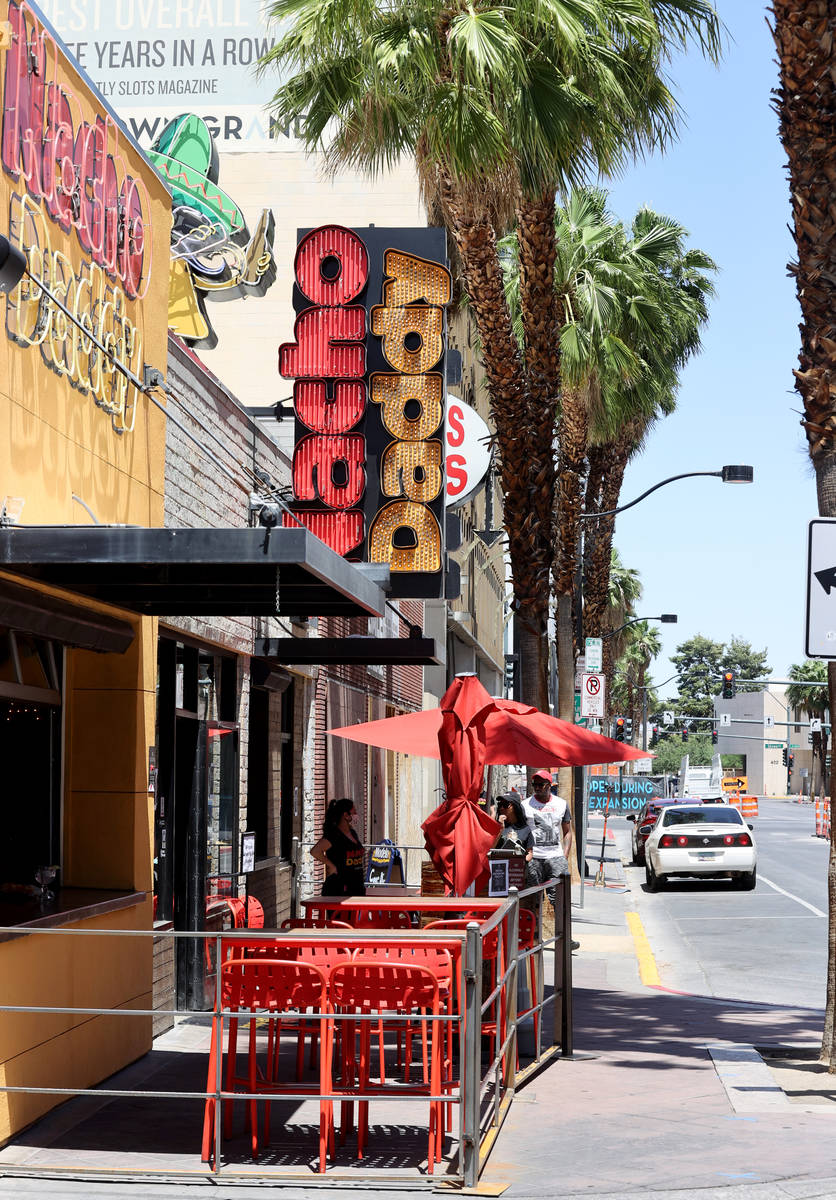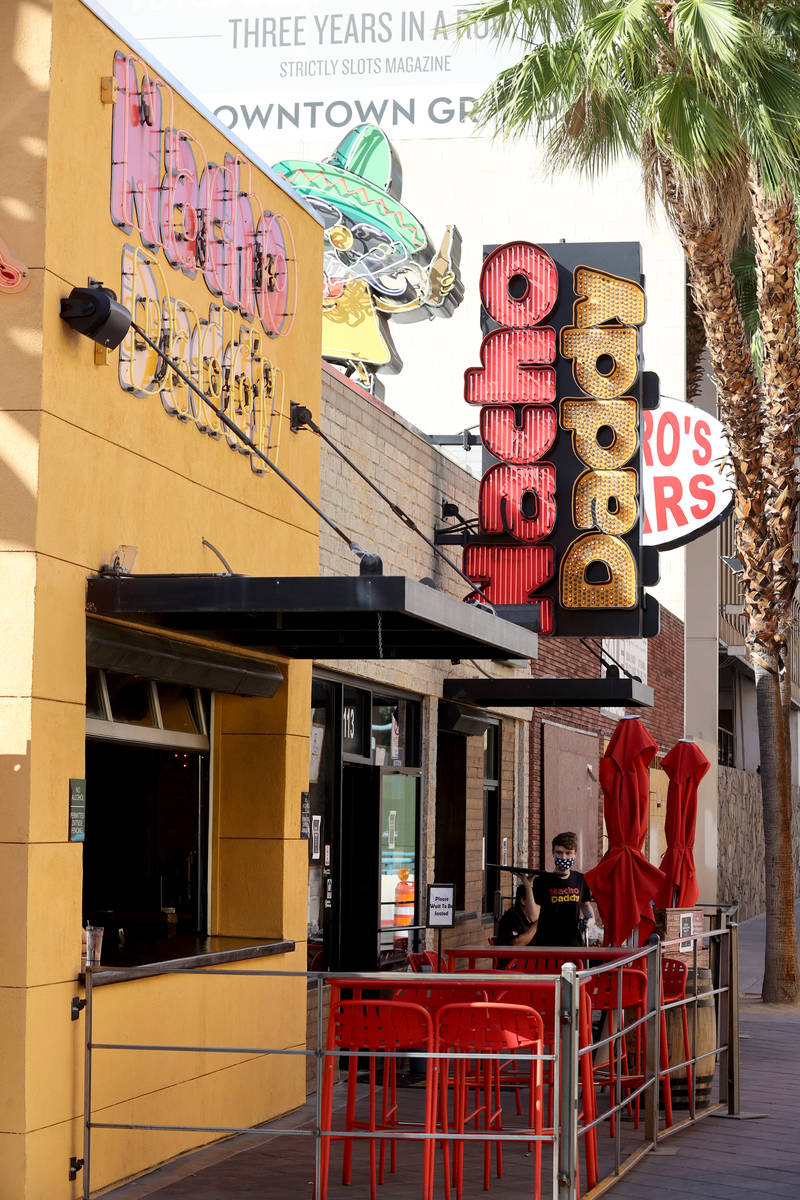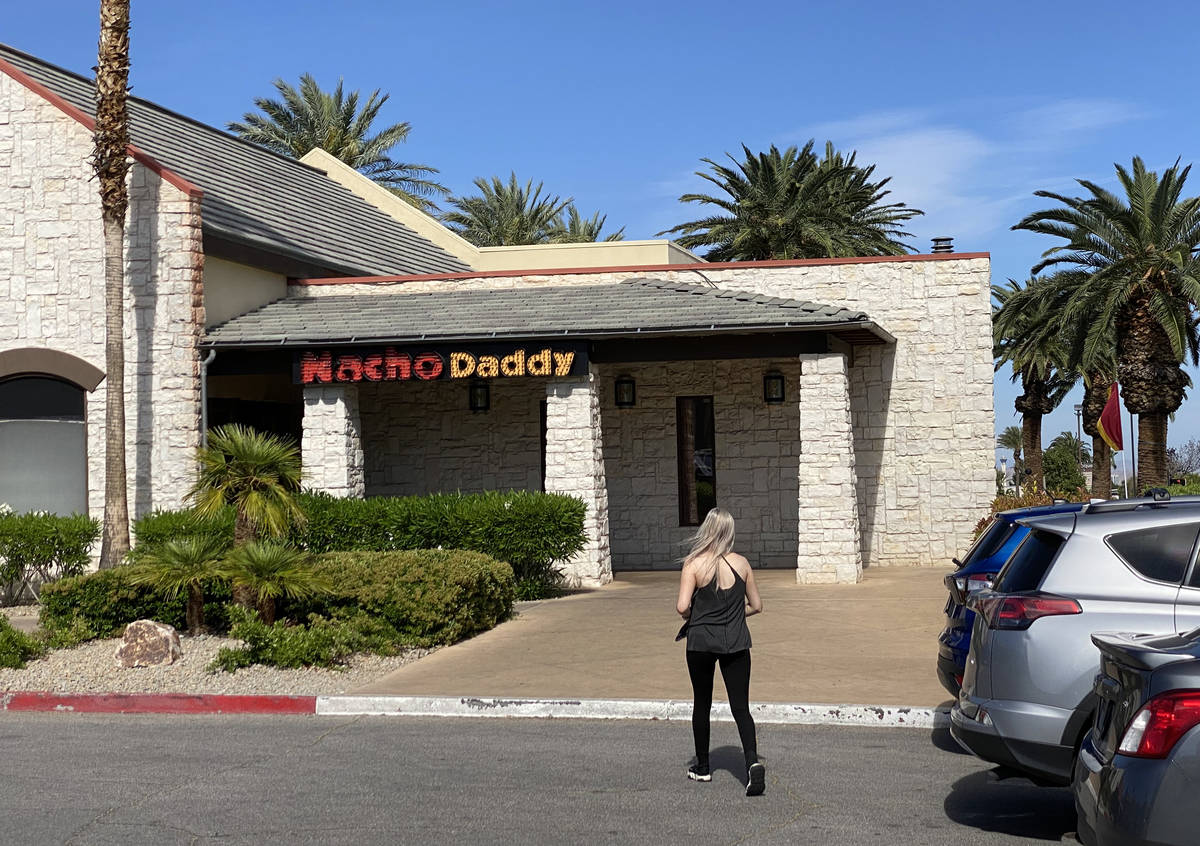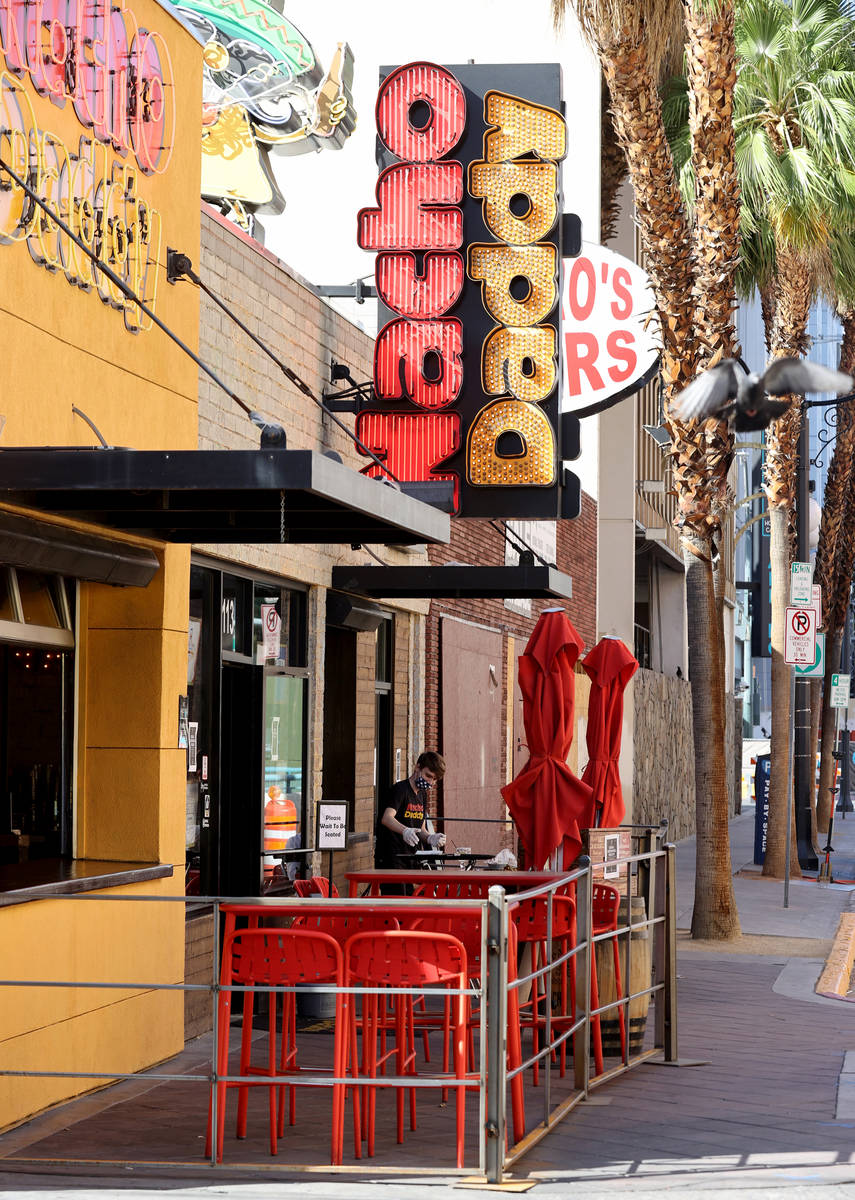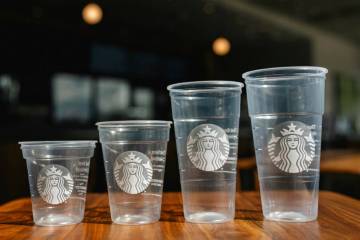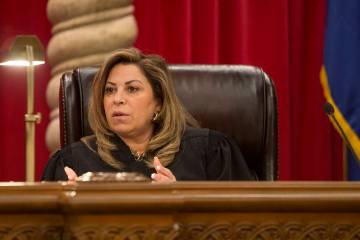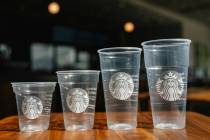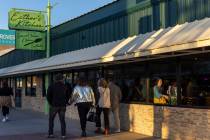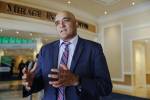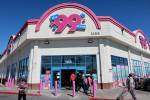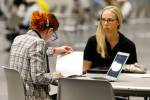Restaurant, fearing coronavirus lawsuit, creates liability waiver
Businesses don’t want to be a COVID-19 liability. Many business owners don’t want to have liability either.
With employees coming back to work, business owners are afraid they will be held liable if a worker catches COVID-19 while on the job. Meanwhile, some employees are concerned they’re forced to choose between risking their health or their income.
As Congress discusses the issue of employer liability, at least one Las Vegas business — Nacho Daddy — has tried to get out in front of exposure to a lawsuit.
“If someone’s not comfortable with COVID being out there, then they probably shouldn’t be working,” said Paul Hymas, Nacho Daddy’s co-owner and president.
The chain has created a waiver asking Nacho Daddy employees to absolve the company of liability if they catch the disease and has asked all hires, as the business had laid off all but a handful of employees, to sign it.
Hymas said the company, low on cash, wants to protect itself and its employees during the coronavirus crisis. He declined to say what will happen, or has happened, to employees who decline to sign the waiver.
Fear
Businesses are concerned that if employees can prove they caught COVID-19 at work, they could sue their employer, said Randi Thompson, state director for the National Federation of Independent Business.
An NFIB survey released last week showed that 68 percent of small-business owners are very or moderately concerned about liability claims increases, while only 6 percent are not at all concerned.
Bryan Wachter, senior vice president of the Retail Association of Nevada, said he has seen lawsuits like that pop up around the country where businesses are reopening. The association, with some 200 other signatories, sent a letter to Congress on Monday in support of a limited safe harbor.
The risk of litigation is a hurdle to full reopening, he said.
“Several retailers are going into debt for several years in order to reopen, and that potential liability from a legal side would be enough to ruin their business.”
The Nevada Resort Association also was a signatory.
“All businesses that are working responsibly and in good faith to ensure the most secure environment as possible, like our members, should not be subject to expensive litigation,” association spokeswoman Dawn Christensen said. “Ligation should focus solely on those bad actors that fail to take necessary steps to protect their employees and customers.”
Wachter said speaking to Congress and the State Legislature about providing a “limited safe harbor” from coronavirus-related litigation is a “much better use of a retailer’s” time than having employees sign a waiver.
“Given Nevada is a workers’ comp exclusive remedy state, it’s unlikely that that kind of waiver would be enforceable or upheld by the court,” he said.
Enforceability
A local business attorney, when asked to review the Nacho Daddy waiver, agreed. An employee catching COVID-19 on the job would fall under a workers’ compensation claim, Aviva Gordon said. She doesn’t think a business could have its employees waive its workers’ comp claims.
“I would be concerned if this were a client of mine wanting to put this forward,” Gordon said.
For a waiver to be enforceable, it must be signed voluntarily, she said, and it wasn’t clear whether someone faced with the reality of bills and a family would be signing it without “some degree of undue influence.”
A group of former Nacho Daddy employees sent a letter to the Nevada Labor Commissioner on Sunday expressing concern about the waiver, among other labor practices. They said some employees who handle food came to work while showing symptoms, as they were “too afraid not to return in fear of losing unemployment and/or future job security.”
Gordon said this was the first liability waiver related to COVID-19 she’s seen.
Without contact tracing, Gordon said, it would be difficult for most people who catch COVID-19 to prove where they caught it. But it makes sense for businesses to consider their liability; one lawsuit could send them belly up even under normal circumstances, she said.
What to do
Reducing liability for employers is “fundamentally the wrong approach” to supporting small businesses during the crisis, according to Amanda Ballantyne, executive director of Main Street Alliance. The national network of small-businesses advocates for public policy.
“It’s irresponsible to start talking about employer shields because what we know will happen is that big businesses that have shareholder interest in functioning right now will drive the opening of a marketplace in places that are not safe to open, and there will be forced competition on businesses that are more responsible in their communities and it will exacerbate a public health crisis in an irresponsible and completely unnecessary way,” she said.
Ultimately, businesses should consider what’s best for them, their employees and their customers, Vegas Chamber spokeswoman Cara Clarke said.
The pandemic represents new territory for a lot of businesses, and liability is on the minds of a lot of them, she said.
The chamber recommends reaching out to an employment or labor attorney if they’re interested in exploring a waiver.
“Google searching it is probably not the best way to go about this,” Clarke said.
Contact Mike Shoro at mshoro@reviewjournal.com or 702-387-5290. Follow @mike_shoro on Twitter.
Nacho Daddy release of liab... by Las Vegas Review-Journal on Scribd



